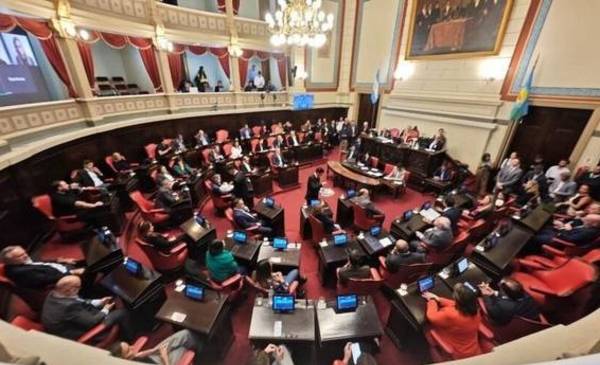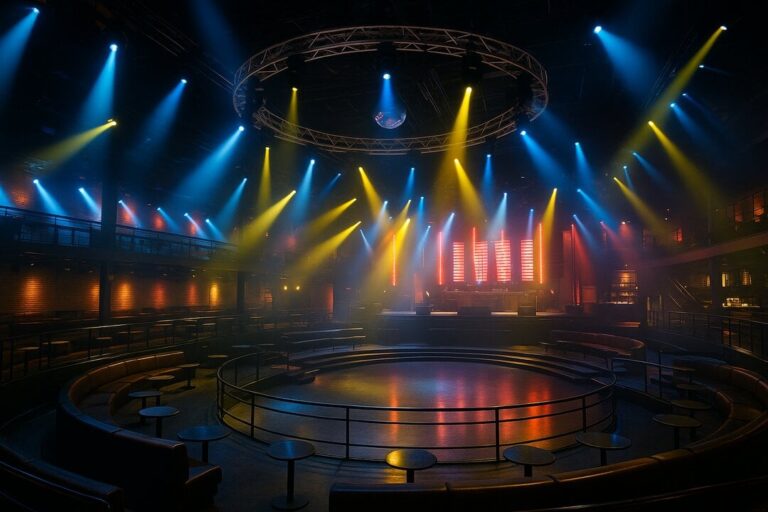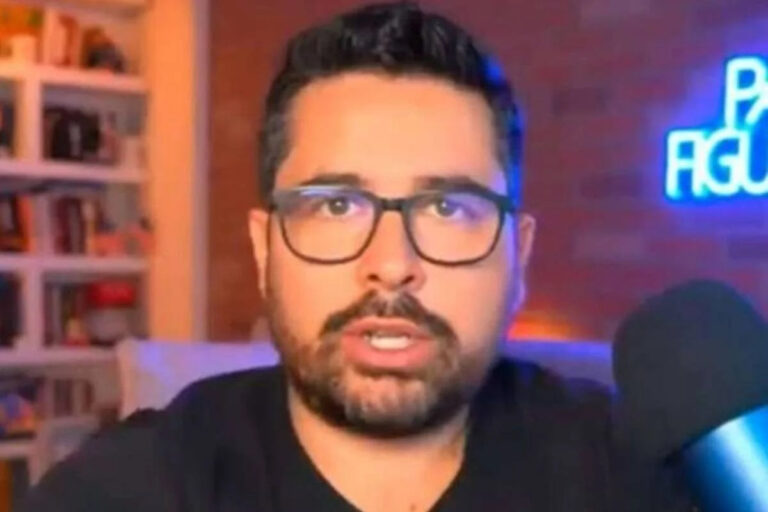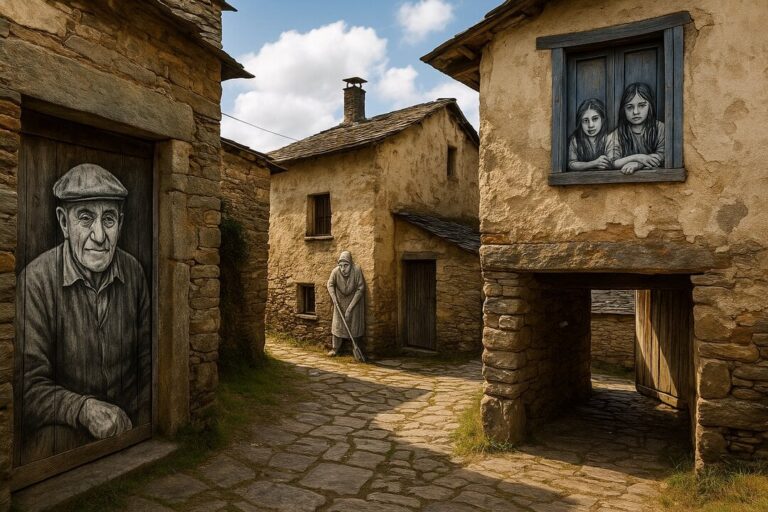
eleconomista.com.ar
In Argentina, where power typically outweighs institutions, internal strife not only paralyzes the state, but also depletes the people and delegitimizes rulers. Politics is stuck internally and crises are being experienced externally.
In political science, there is a consensus on important ideas. The idea is that the ability to govern does not depend solely on winning elections, but on building and maintaining institutional coalitions that can handle internal conflicts without paralyzing state life. However, in political systems with a low level of institutionalization, as has historically been the case in Argentina, internal conflicts within the government often become the protagonists of the political cycle, eroding the ability to govern and directly impacting the lives of the people.
Internal government problems are neither a temporary phenomenon nor limited to political forces. Rather, they are reacting to repeated patterns derived from less fully institutionalized political parties, individualistic leadership, state structures permeable to sectional interests, and logics of power that prioritize sectarian bidding over the construction of national policy. In these contexts, the public agenda is usually subordinated to a logic of balance or conflict between insiders who contest their influence, resources, and decision-making capacity.
The first impact is seen in managerial capabilities. When internal struggles take precedence over programmatic goals, governments are trapped in a cycle of perpetual fluctuations. Instead of living up to standards of efficiency and administrative continuity, state bureaucracies are forced to align with the dominant factions in each context, changing priorities, delaying strategic policies, and hindering the implementation of medium- and long-term plans.
In this way, interagency coordination is also undermined. Public institutions that should be cooperating end up competing with or interfering with each other. Strategic guidelines are diluted by domestic struggles over control of territory and budget. And public policy loses coherence and predictability. As a result, the state functions as a site of conflict rather than as a structure for planning and action.
In parallel, domestic tensions are frequently exposed and amplified by the media, creating a political climate of enduring symbolic crisis. While this is important, this is not just a matter of perception. In modern democracies, public opinion is a fundamental resource of power. When the public observes that the ruling party is mired in internal conflict, it creates a sense of distrust that not only weakens the government’s social legitimacy but also weakens its electoral representation base. The implicit message is clear. If rulers cannot agree with each other, it will be difficult to solve collective problems.
Finally, the internal reveals an unpleasant reality. The institutional weakness of the Argentine state continues to function more under the logic of government understood as the reign of power over time. It is understood as a strategic project with continuity, clear rules, and long-term maintenance under the logic of the state. Decisions are subordinated to individual or sectoral conflicts rather than responding to national priorities or durable programmatic agreements.
When politics is organized around personal relationships rather than institutions, the system becomes weak, inefficient, and unpredictable. What is internal is not just a symptom, but a mechanism that reproduces that weakness. Unity alone is not enough to overcome this pattern. This requires fundamental reform of political parties, professionalization of the state, clear rules of governance, and a political culture that rewards effective management rather than internal bidding. Unless this happens, internal conflicts will continue to occur and their political, economic and social costs will continue to be borne by the people.



